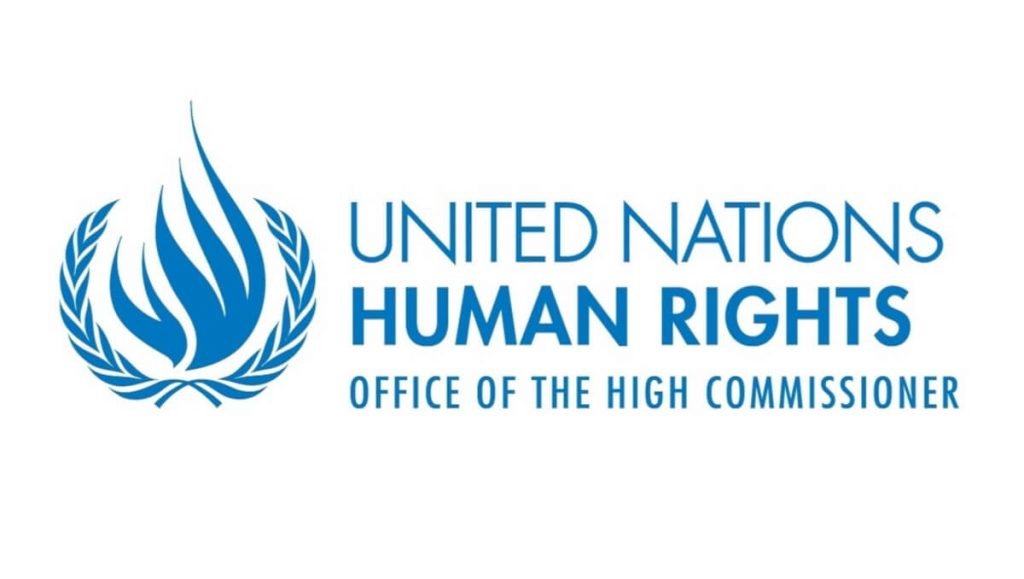
Proposed amendments to the Northern Ireland Troubles (Legacy and Reconciliation) Bill should adequately ensure respect for the rights of victims, survivors and their families, UN High Commissioner for Human Rights Volker Türk said today.
“I recognise that addressing the legacy of the Troubles from the 1960s to the 1990s is a hugely complex and sensitive matter. But the draft legislation as it stands appears to be incompatible with the UK’s international human rights obligations,” Türk said.
The High Commissioner has previously communicated his observations to the Government of the United Kingdom of Great Britain and Northern Ireland.
Among these are the fact that the Bill foresees the provision of conditional immunity from investigation and prosecution for those accused of having committed serious human rights violations and other international crimes, other than sexual offences.
“Introducing conditional immunity in this manner would likely be at variance with the UK’s obligations under international human rights law to investigate and, where appropriate, prosecute and punish those found responsible for serious human rights violations,” Türk said.
There are also concerns about whether the Independent Commission for Reconciliation and Information Recovery, which the Bill would establish, would be able to work independently and undertake human rights-compliant reviews and investigations.
“Concerns remain that the Bill would obstruct the rights of victims, survivors and their families to effective judicial remedy and reparations, including by prohibiting most criminal prosecutions and civil actions for Troubles-related offences,” Türk added.
The Bill is set for further review at the House of Lords committee stage on 24 and 31 January.
“The actual text of the proposed amendments has been made public only one week before the House of Lords committee stage. This gives the public and relevant stakeholders, including victims and survivors, insufficient time to scrutinize the amendments and participate meaningfully in this hugely significant legislative process,” the High Commissioner said.
“Respect for rights of victims, survivors, and their families to truth, justice, reparation and guarantees of non-recurrence is essential for reconciliation. Their rights must be placed at the heart of all attempts to address the legacy of the Troubles,” he stressed.
“I urge the UK to reconsider its approach and engage in further meaningful and inclusive consultations on how best to advance a human rights-centred way to address the legacy of the Troubles,” Türk said.
You must be logged in to post a comment.